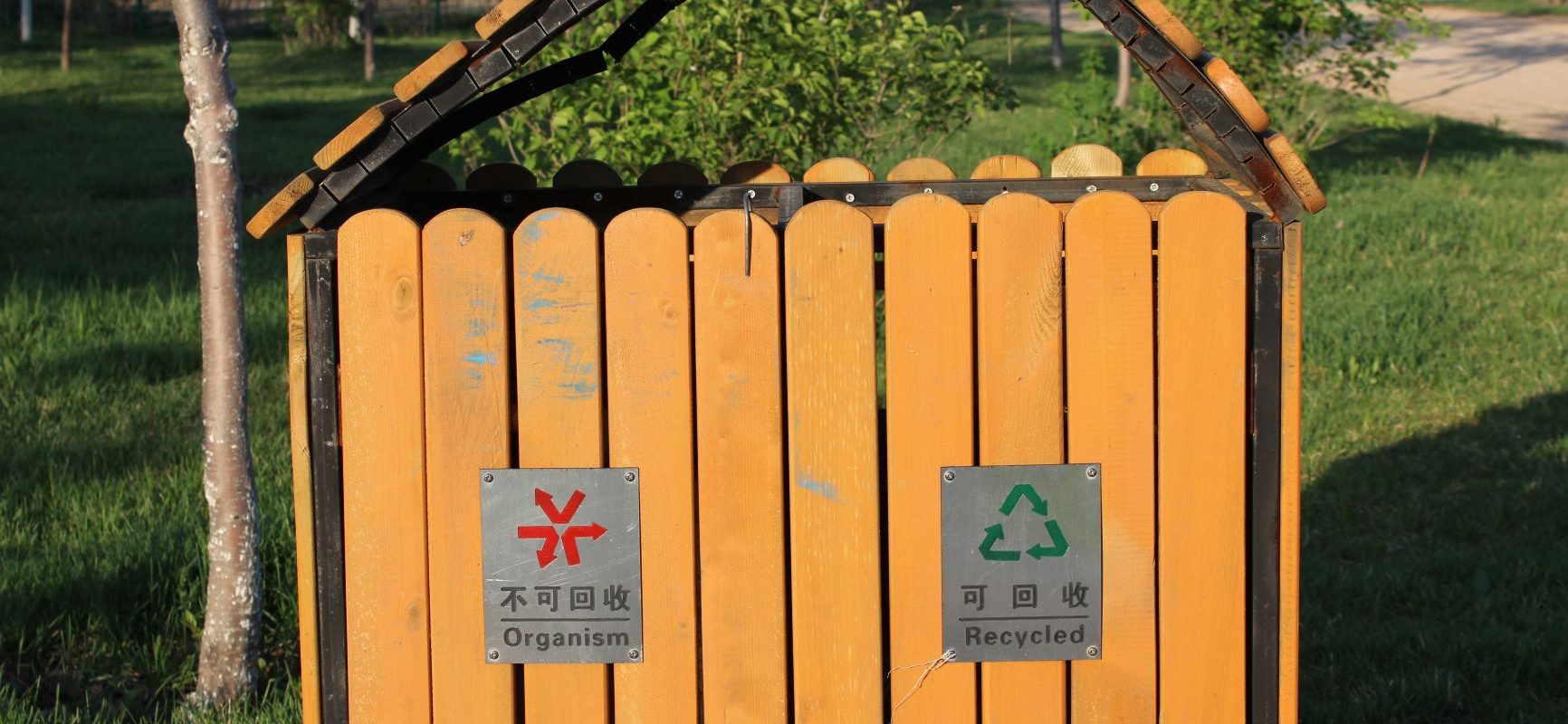 17th Jan 2018 by MIW Water Coolers
17th Jan 2018 by MIW Water Coolers
Yang Laji – What the Chinese Ban on Plastic Waste Could Mean for the UK
It was around the middle of last year that the Chinese government announced a forthcoming ban on the import of “yang laji”, or “foreign garbage”. Until that point, they had been the greatest recipients of recyclable waste in the world, taking a massive 2.7 million tonnes of plastic from the UK alone in the period between 2012 and September 2017, in addition to 55% of all of our paper waste. For the UK, China and Hong Kong were a convenient recycling depot, dealing with an issue that our country was not – and still is not – equipped to handle, which leaves us in something of a sticky situation.
You’d think, then, that China’s announcement would have had the Environment Secretary racing to find new solutions for the safe and responsible disposal of Britain’s recyclable waste. As recently as early December 2017 however, Michael Gove is quoted as saying “I will be completely honest – I have not given it sufficient thought.” While this is a commendable degree of honesty from a politician, with China closing its doors to a significant portion of recyclables – including anything not properly cleaned – as of January 1st 2018, we’re yet to answer the difficult question of: just what do we do with our waste plastic?
Peter Fleming, from the Local Government Association, recently told the BBC that incineration would have to be considered in some parts of the country, but this is a massively high-carbon pollution “solution” which causes almost as many problems as it solves. What really needs to happen is for the Government to invest in the UK’s recycling infrastructure, and for all of us to take responsibility and reduce the plastic we use in everyday life.
One of the key products that China recycled for us was PEP – the plastic used to create the vast majority of disposable drinks bottles. With the UK using 15 million of these every day, it won’t be long before we’re either drowning in plastic bottles, or choking on the toxic smoke created by their incineration. Switching to reusable drinks bottles could have a significant impact – but businesses and councils also need to help.
Every place of work should, really, provide drinks facilities, but rather than coolers with cups, or machines spitting out bottles of fizzy drinks, a drinking fountain with sports bottle filling station – such as the Halsey Taylor HTHB-HAC8SS-WF Wall Mounted HydroBoost Bottle Filler And Drinking Fountain Combination – could provide a solution that is healthier for both the environment and employees.
Equally, it’s in the gift of councils to reduce the litter in their parks through the provision of free-to-use outdoor facilities, such as the Halsey Taylor 4430BF1U Endura II Tubular Outdoor Bottle Filling Station.
A very small investment can make a very big difference, reducing plastic waste and general litter, caring for our environment, and slowing the drain on the country’s resources through the reduction of waste production. As consumers, we can help by cutting back on plastic. As businesses, organisations and councils, we can help through the provision of alternative solutions.
Plastic waste is OUR problem. Everyone of us makes it. And everyone of us can help to reduce it. One plastic bottle at a time.
Join the #OneLess campaign and help to make a real difference.











